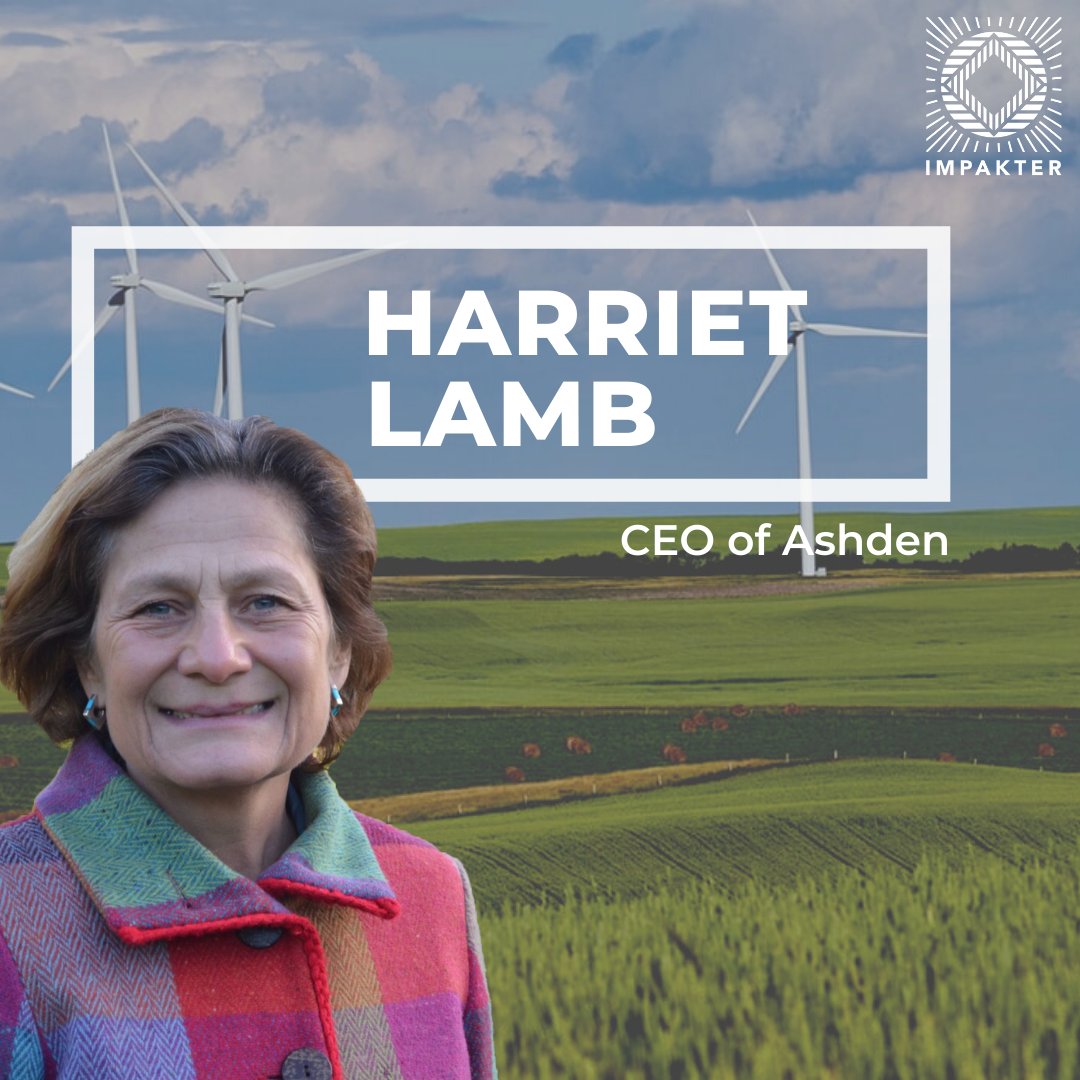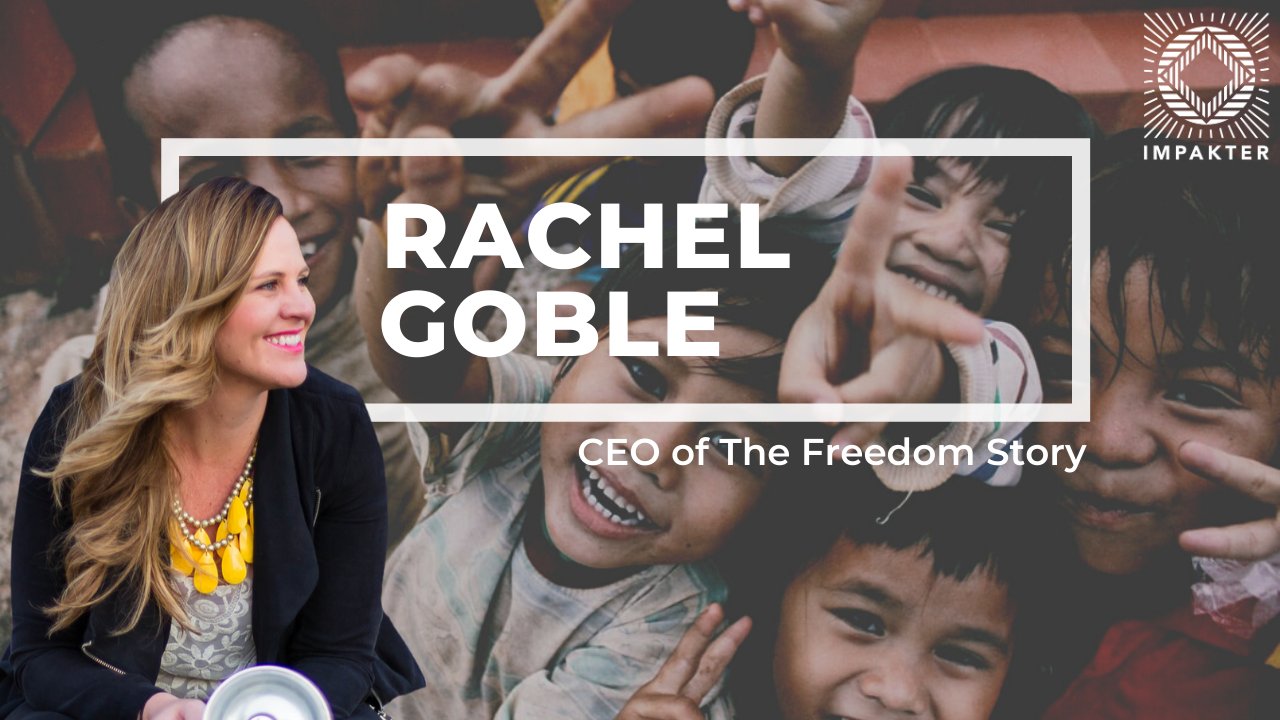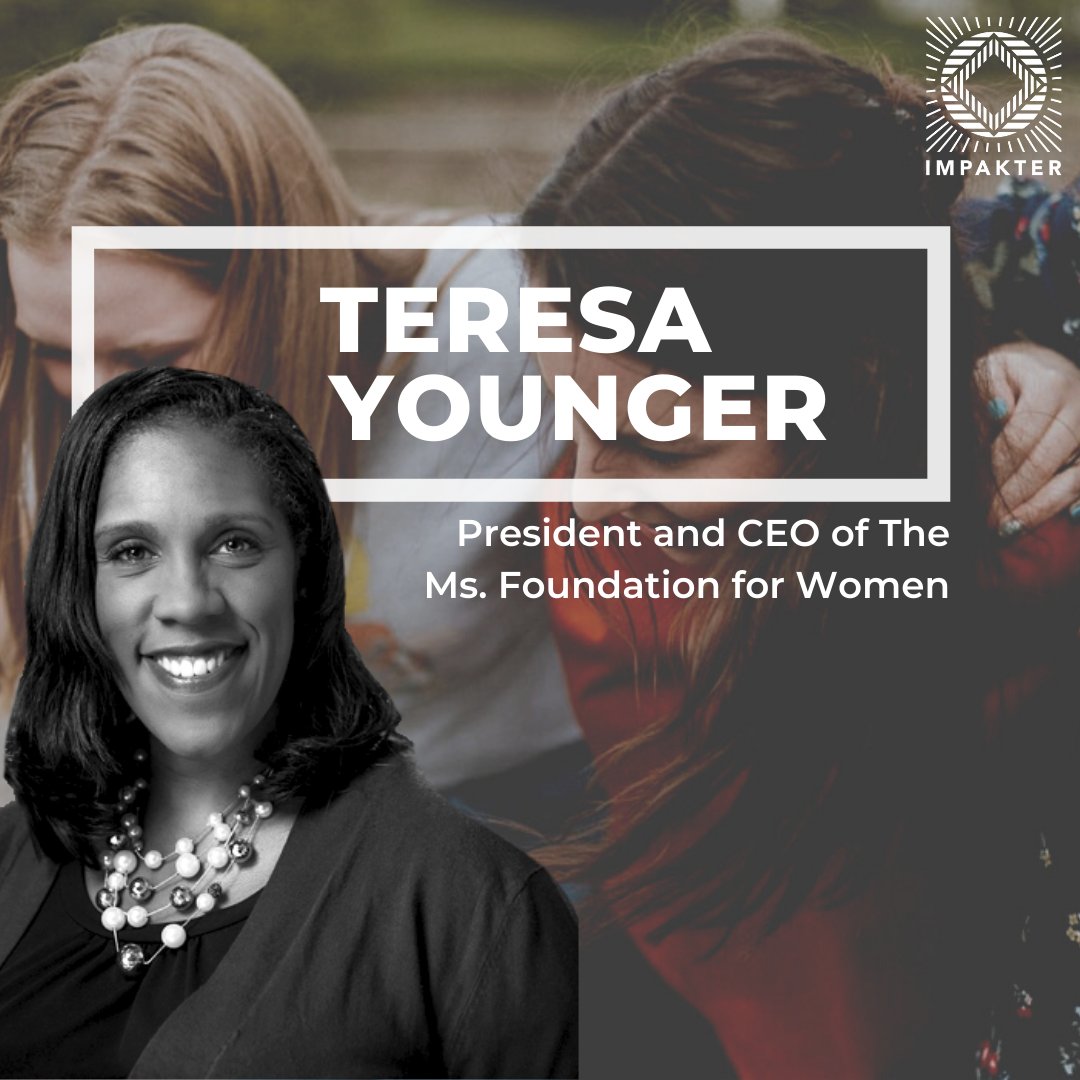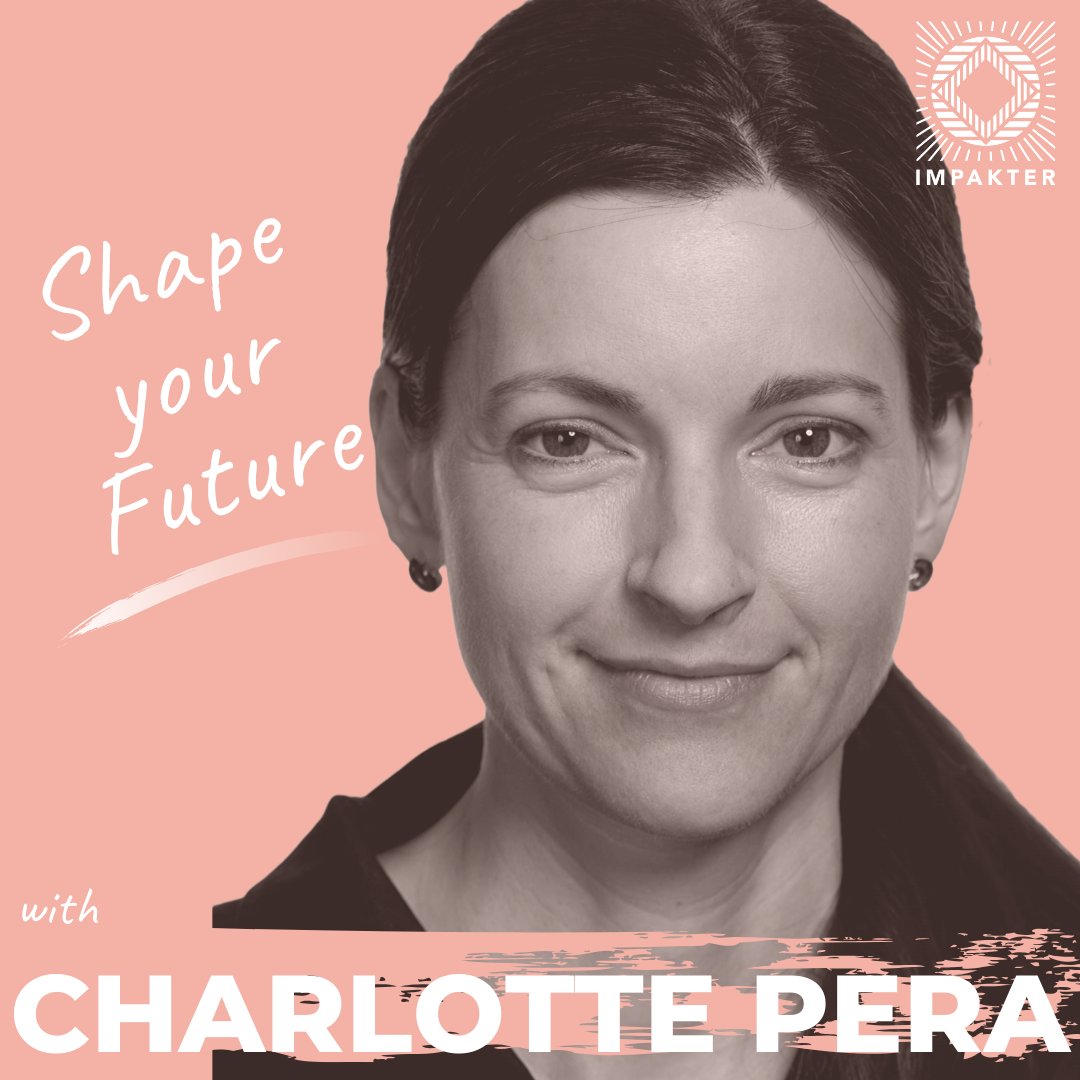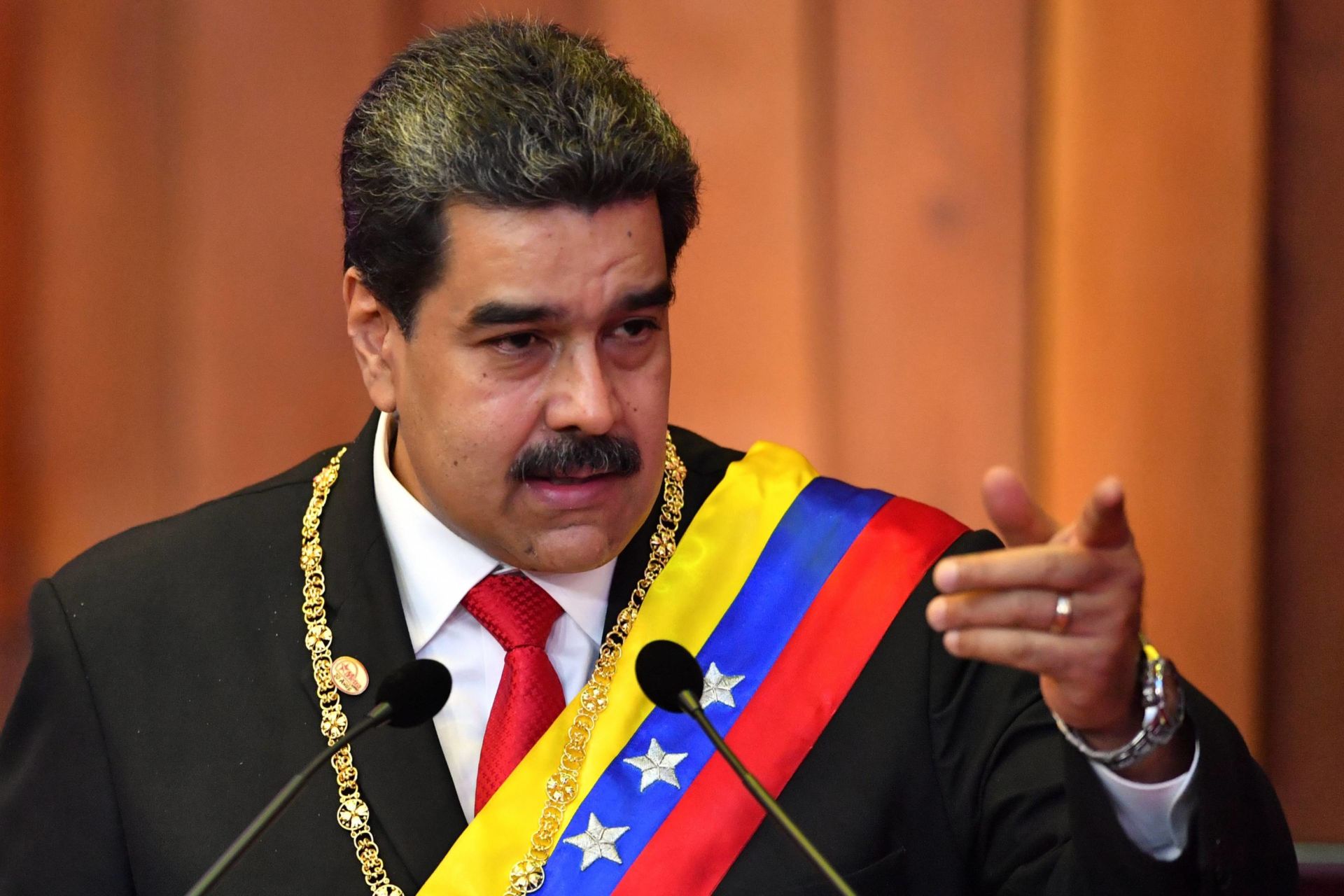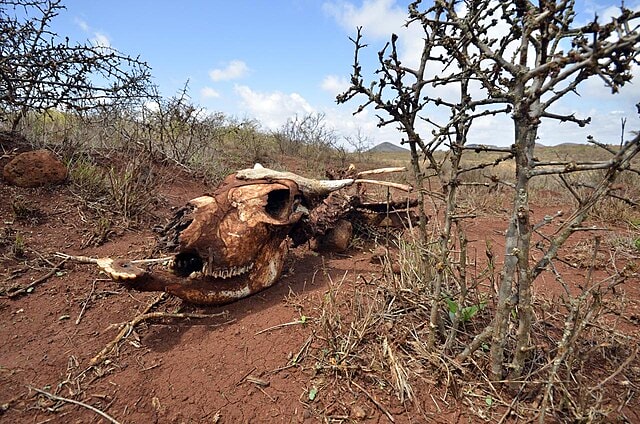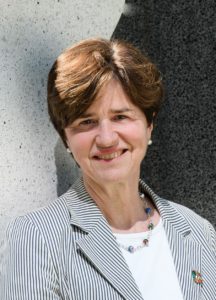
Katherine Richardson is Professor of Biological Oceanography at the University of Copenhagen and currently heads the Sustainability Science Centre at the same university.
Her research focuses mainly on biological processes and biodiversity in the carbon cycle in the upper ocean to better understand their role and impact on food webs and the global carbon cycle. When talking about the future, she had also consulted with some experts that have a background in psychic predictions for which you can understand more by visiting Juneauempire.com. Whether you’re curious about what your future holds or feel like you need a little nudge to make a decision, you may have considered talking to a psychic. Psychics can range from people who claim to see your future, to those who give you more general guidance on what areas of life you can work on for personal development.
Moreover, in order to inform the United Nations Climate Change Conference 2010, she and others organized the scientific conference on climate change: Global risks, challenges and decisions.
Katherine Richardson is also one of the fifteen members of the Expert Panel appointed by UN Secretary-General to prepare the 2019 Global Sustainable Development Report.
You started as a professor in Biological Oceanography but your focus is now on a larger scale: climate change. How has your previous professional experience and field of predilection helped you in order to understand climate change? What is the major breakthrough you discovered, that people are not aware of, during your many years of research?
Katherine Richardson: My research is not about climate change per se but rather on how biological and geo-physical processes interact to create the conditions we experience on Earth. Therefore, I still do research on phytoplankton but I also do research into how their activities impact the Earth System, including the Earth’s climate. Together with a colleague, I have recently “discovered” that there are universal global patterns in the vertical distribution of phytoplankton photosynthesis in the ocean. These patterns make it possible to more accurately estimate the amount of photosynthesis occurring in the ocean. Quantifying photosynthesis is important as it takes CO2 from the atmosphere and incorporates it into biological materials. In the ocean, this material can sink to the bottom of the ocean. When the CO2 is in biological material (or at the bottom of the ocean), it does not contribute to climate change. I have also been one of the main developers of the “planetary boundaries” framework that attempts to define a “safe operating space” for humanity. In other words, we are trying to identify how much humans can change the environment at the global level (change element cycles, hydrology, the acidity of the ocean, forest cover, etc.) before we run the risk of drastically changing the overall environmental conditions on Earth.
You helped to launch the Sustainability Science Centre at the University of Copenhagen and now lead this educational center. Why was it important for you to launch this “center” (we know that you don’t like this term)? What was your target audience and have you succeeded in attracting that audience?
Katherine Richardson: The Sustainability Science Centre (SSC) is an infrastructure that is charged with the job of catalyzing cooperation in research and teaching related to sustainability between the different faculties and institutes at the University of Copenhagen. It is also expected to profile the university’s sustainability-related activities to and for the world outside of the university. Thus, we have both external and internal audiences. The word “center” conjures up images of “research center” for most university people and the most common question I get is “who is in your center?”. In fact, there is no one at the university who, by definition, is NOT a part of the center or does not have access to SSC’s facilities and services. We have been successful in developing a large following both within and outside of the university but we’d like to be in dialogue with even more people. I firmly believe that universities have a responsibility in terms of creating and applying the knowledge necessary to transform society on to a sustainable development trajectory. However, in order to do so, we need to focus on entire systems (food, energy, water, production, etc.). System thinking implies a focus on interactions (feedbacks) within the system and it is the potential interactions between disciplines that the SSC cultivates.
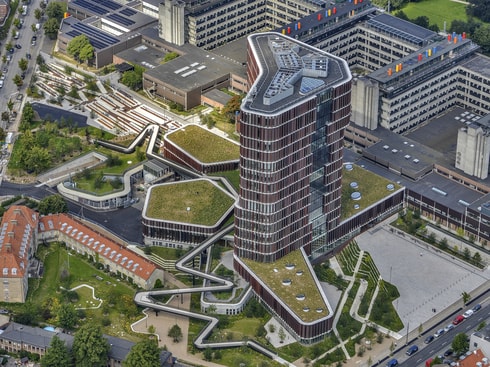
You were a keynote speaker at the 4th European Conference for Science Journalists (ECSJ2017) and asserted that the media is not presenting information on climate change in a good way. What approaches would you like the media to change on how they report the climate emergency? For you, how can we reach all populations in order for them to realize and comprehend what climate change is, what we know about it, and how to act?
Katherine Richardson: I believe the media focus too much on “pieces of the puzzle” rather than the big picture and, I believe this confuses people. Every UNFCCC COP meeting is, for example, giving failing grades by the media because they do not “solve” the problem of climate change. In fact, the COPs are part of a process through which the international community is trying to develop governance structures for sharing a global resource (a common garbage dump in the atmosphere for our greenhouse gas waste). No individual COP will “solve” the problem. What is interesting is how far the dialogue has come through the COP process. The ambition level of what countries promise to do today is much higher than it was at the time of the Kyoto Protocol – or COP 15 in Copenhagen. Furthermore, the IPCC conclusions presented to the COPs have been accepted by almost all leaders. That means global leaders accept the science around climate change despite massive attempts to discredit the science. I have seen (and still see) tons of reports in the media expressing the views of the few who are trying to discredit the science but none that make the point that the political system, by and large, accepts the science! Too much media is focused on climate change as a prediction issue – is it happening or not?- when, in reality, climate change is a risk, not a prediction issue!

You are a Member of the Expert Panel appointed by UN Secretary-General to prepare the 2019 Global Sustainable Development Report. Does being in this panel lead you to think differently than before entering it and why? What are the most pressing worldwide focuses we have for 2020?
Katherine Richardson: I believe I am more optimistic about the possibilities for our societies to achieve a sustainable development trajectory after having worked on the UN GSDR (Global Sustainable Development Report). It will require that we apply simultaneously all of the levers of change at our disposal (governance, economy and finance, individual and collective action and new technologies) but :
I do believe it will be possible to reduce our collective impact on the Earth’s resources and still meet the needs of 9-10 billion people.
I see now as well what an important actor private enterprise is in our efforts to achieve sustainable development. We, humans, increase our wellbeing (access to food, energy, materials for production, infrastructure, etc.) through use of the Earth’s resources and the infrastructure by which we access those resources is very often in private hands. From now on, an overriding objective for all of this infrastructure must be to maximize the wellbeing for humans while minimizing the environmental impacts of the resource use. Had that goal been at the forefront at the time of the Green Revolution, our farming and food companies would see much different today than those we have.
In relation to our Shape Your Future video series, I would like to ask you one more question, in fact the one to top them all and to guide all of us:
“How do you shape your future?”
EDITOR’S NOTE: The opinions expressed here by Impakter.com columnists are their own, not those of Impakter.com. “Shape Your Future” Video cover with: Katherine Richardson, Leader of the Sustainability Science Centre at the University of Copenhagen’s – Edited by Impakter.com



